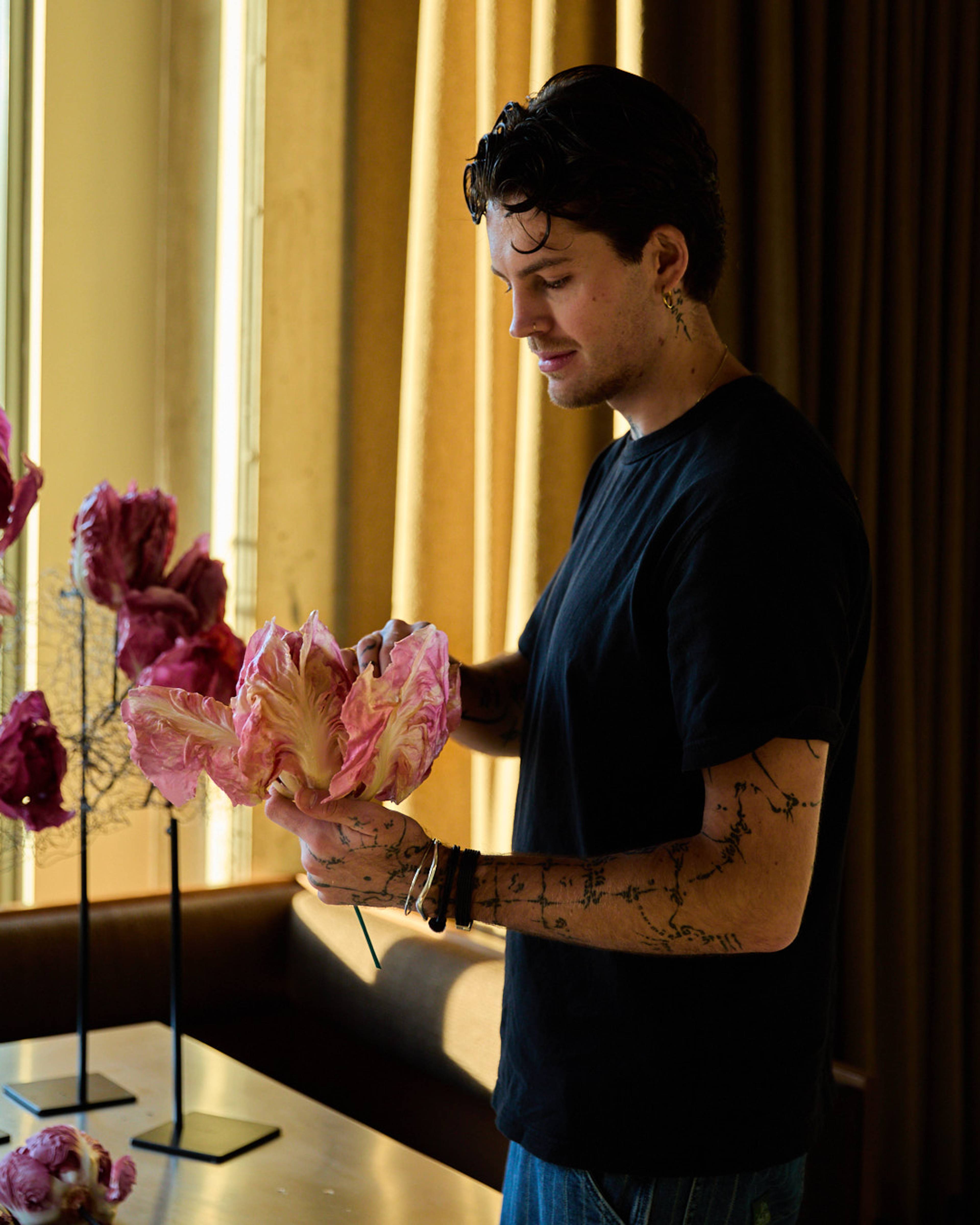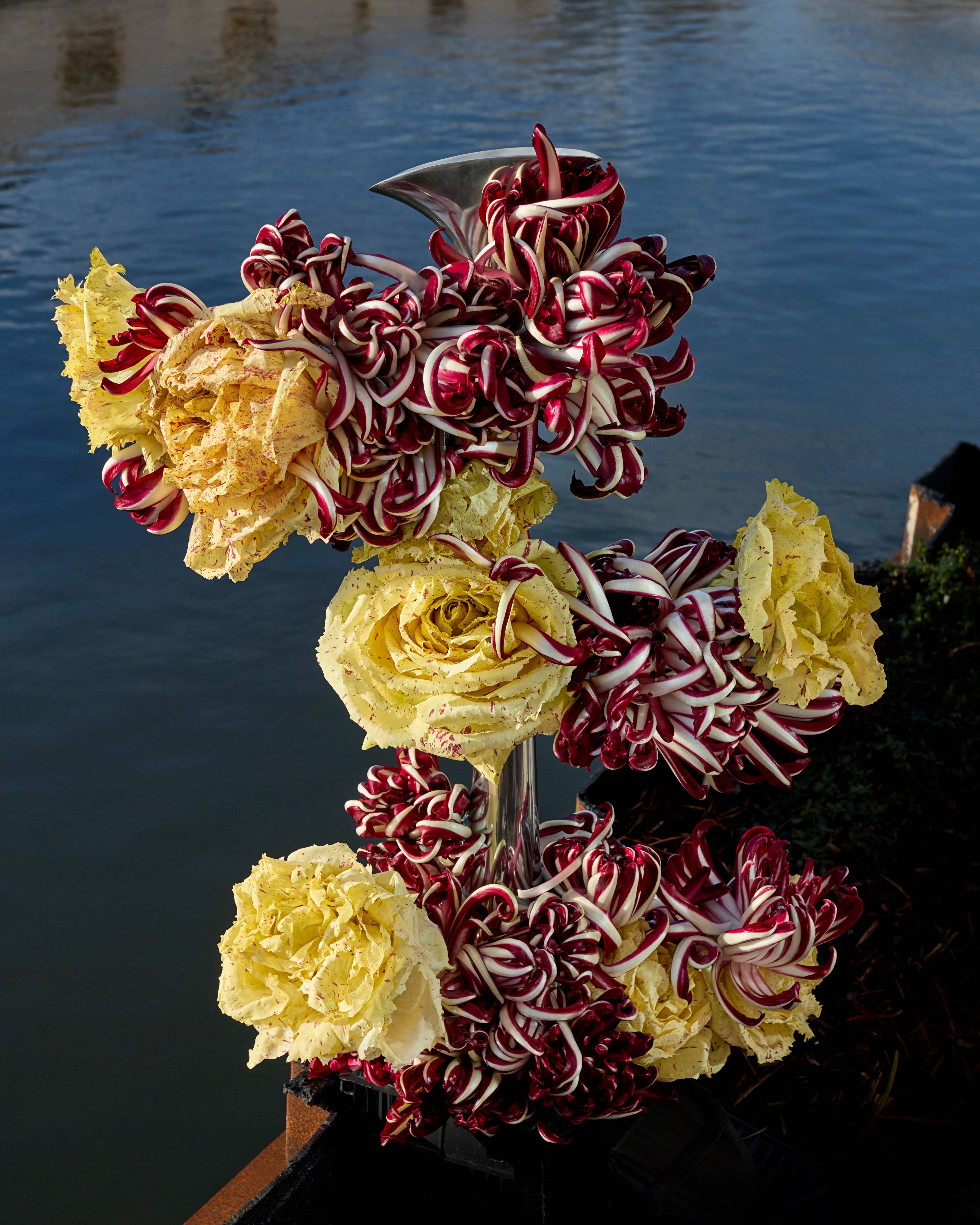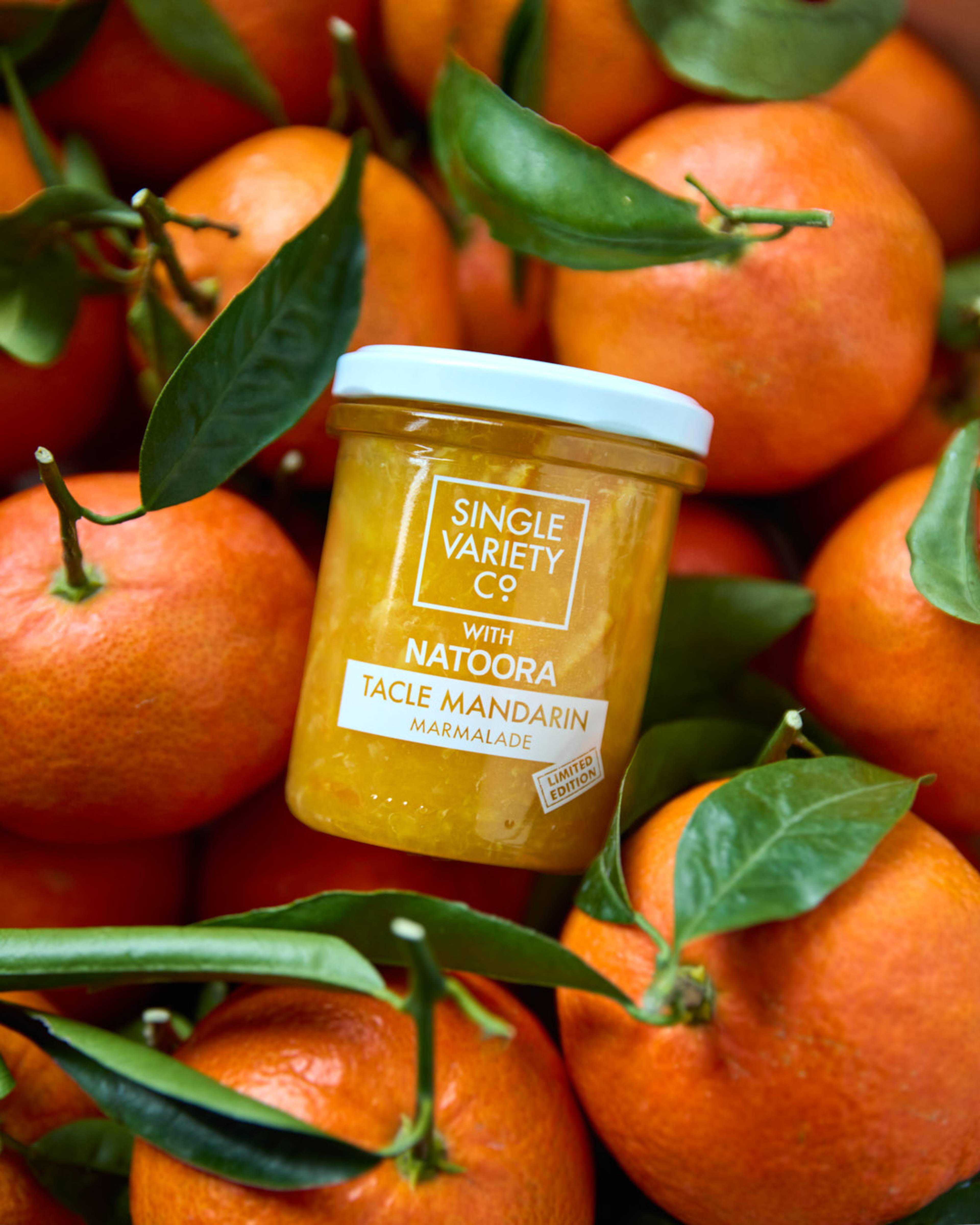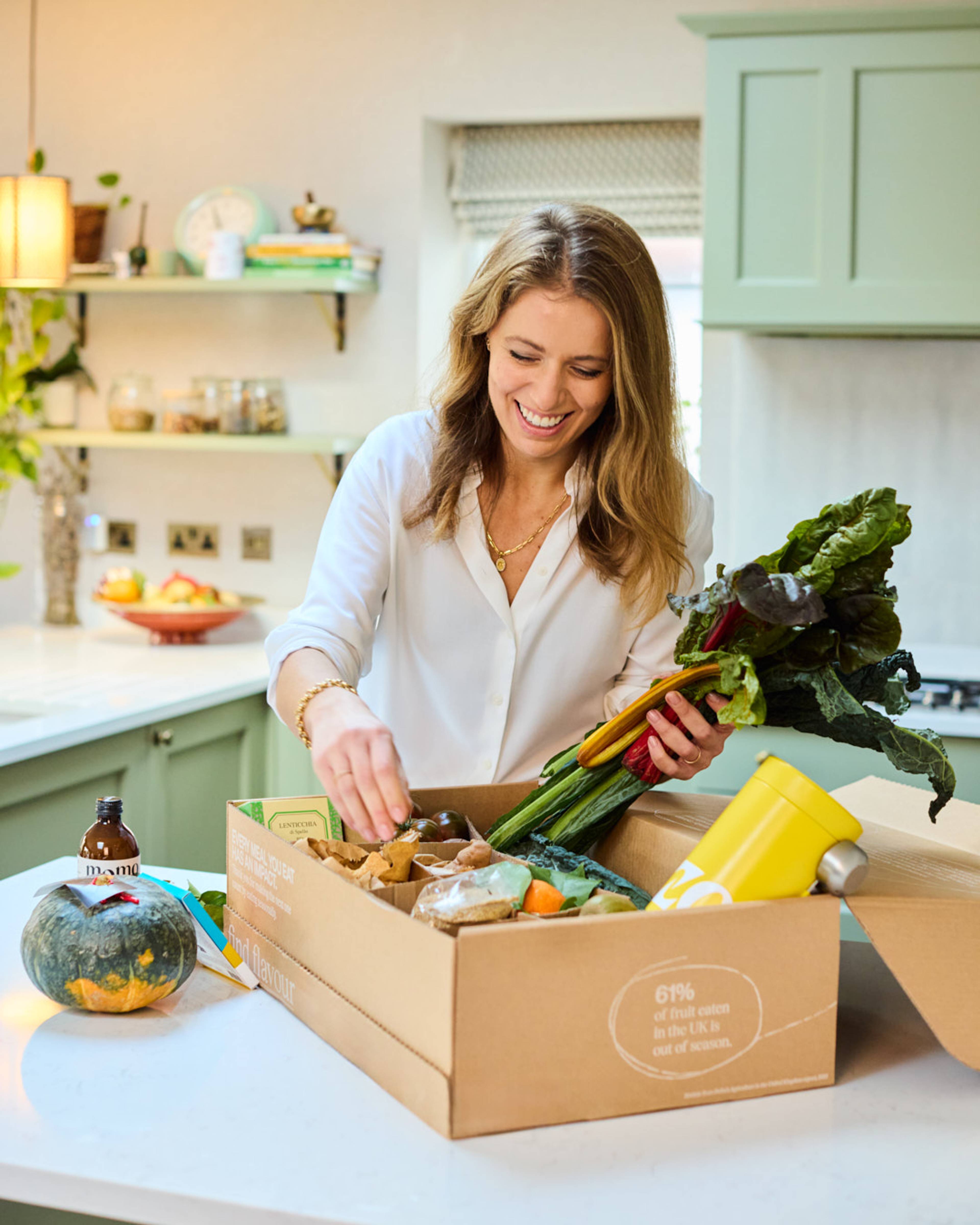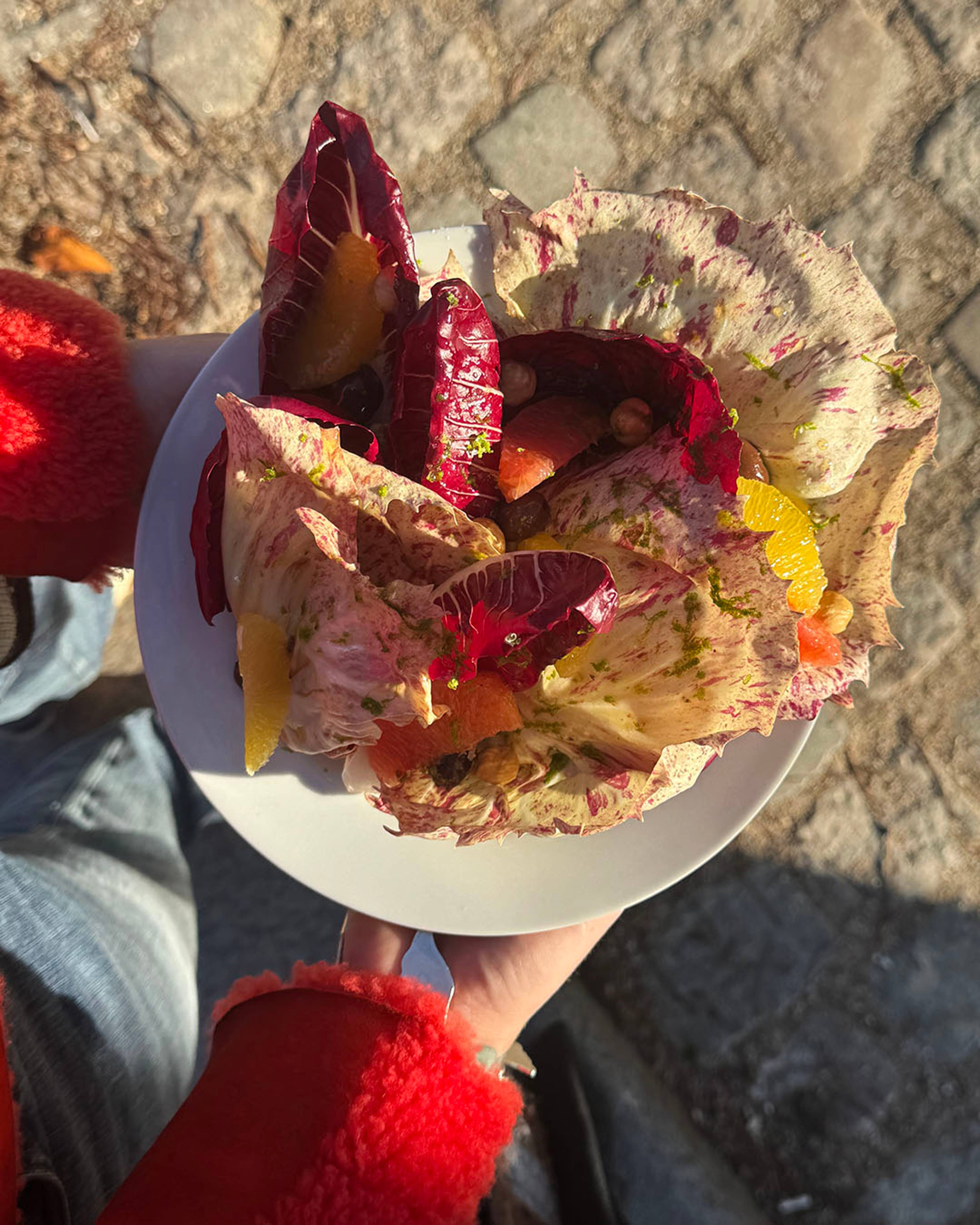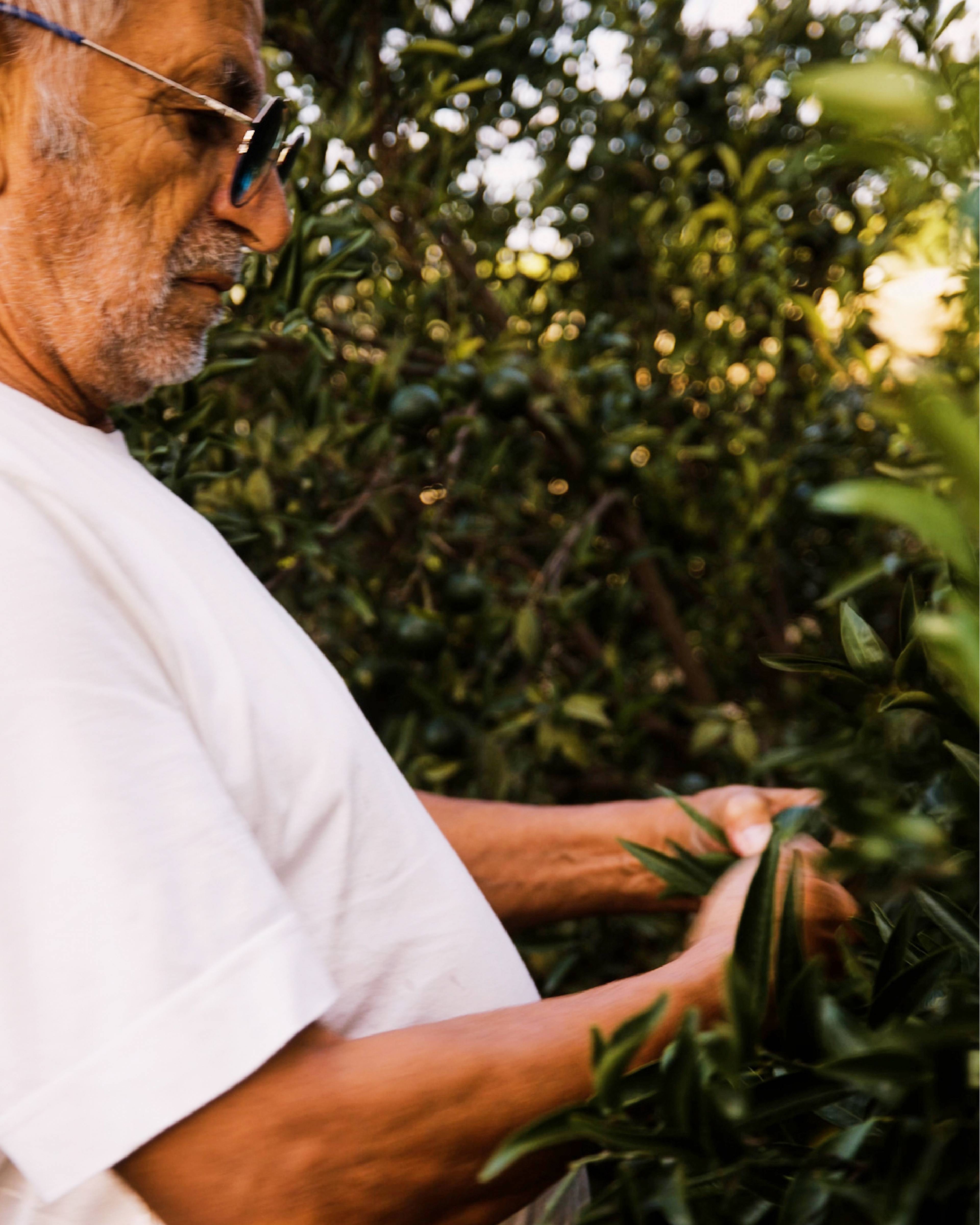FORGING COMMUNITY AT WOLVES LANE CENTRE
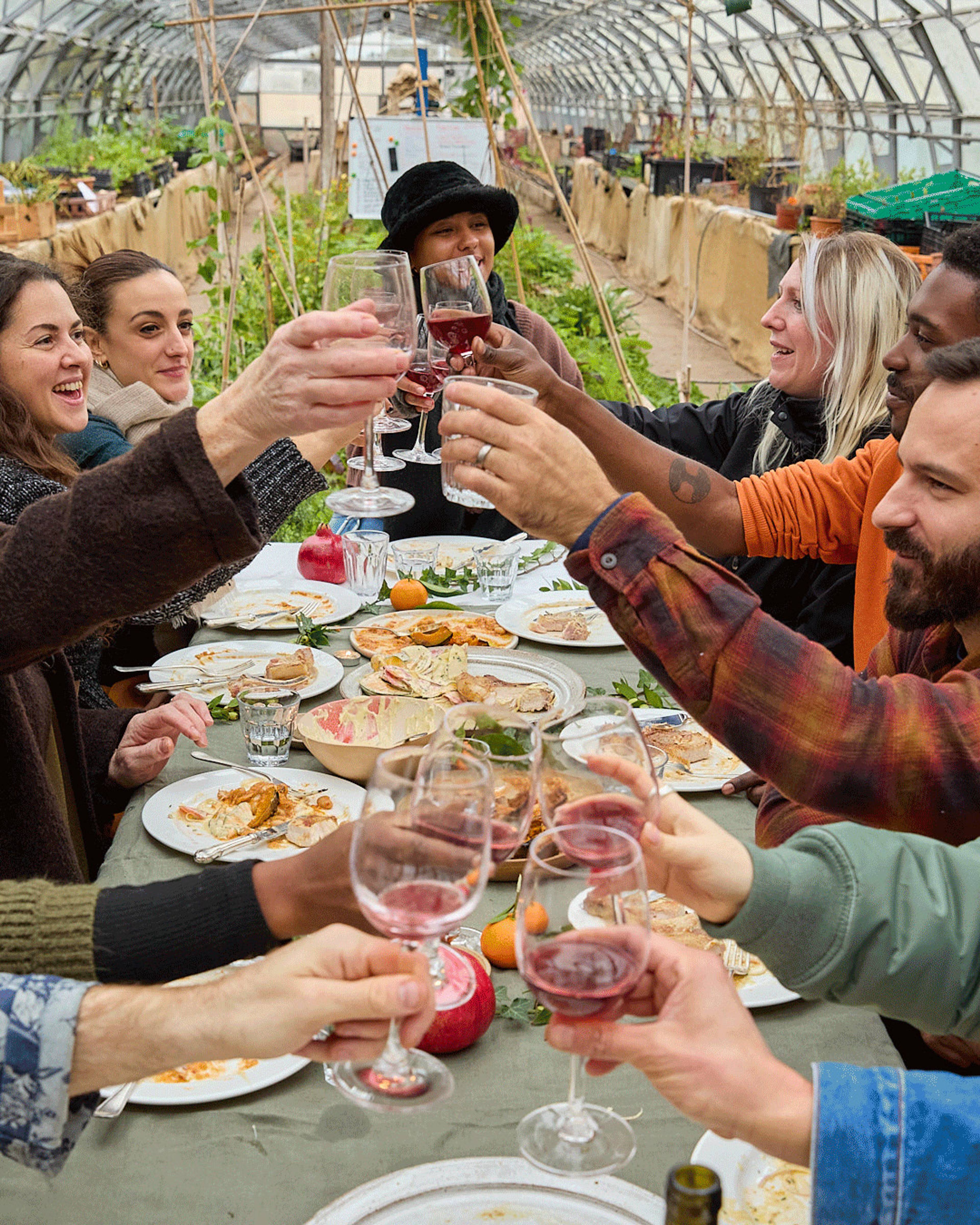
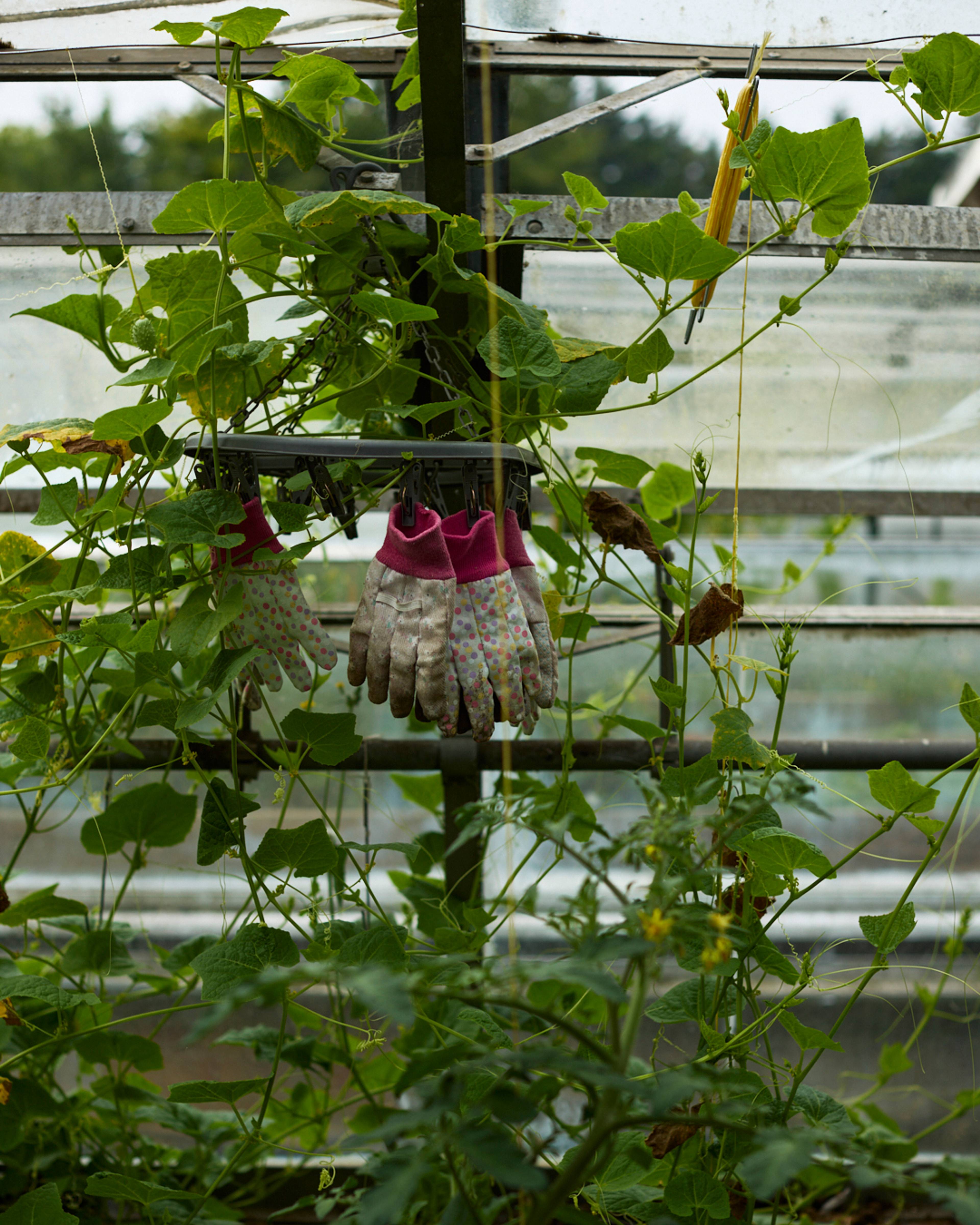
This festive season, we are celebrating connection over food. To mark the holidays, we brought the growers at Haringey’s Wolves Lane Centre together for a lunch cooked by one of the chefs they supply – Lewis de Haas of Crispin, Spitalfields.
Connection comes in many forms – from relationships like the ones we’ve helped to forge between Crispin and Wolves Lane Centre, to the bonds between a community of growers, and those their food creates in the kitchen.
At Wolves Lane, local volunteers come together with employees to share their skills, cultures, and experiences, all through the means of growing food. At this two acre inner city farm, spread across polytunnels and glasshouses, they tend to over 40 different varieties of vegetables and fruits – from tomatoes and blackberries to achocha, bitter melons and okra.
Connection comes in many forms – from relationships like the ones we’ve helped to forge between Crispin and Wolves Lane Centre, to the bonds between a community of growers, and those their food creates in the kitchen.
The centre provides education and community in equal measure, offering classes and workshops to the public, as well as food relief to those in need. Also crucial to its work is helping to maintain food traditions – it is home to the Black Rootz project, which grows and preserves culturally important varieties that are difficult for diasporic communities to find in the UK, in order to keep food memories alive.
We heard from the staff at Wolves Lane Centre, on food as a route to community-building, and their mission to move beyond the mainstream food system.
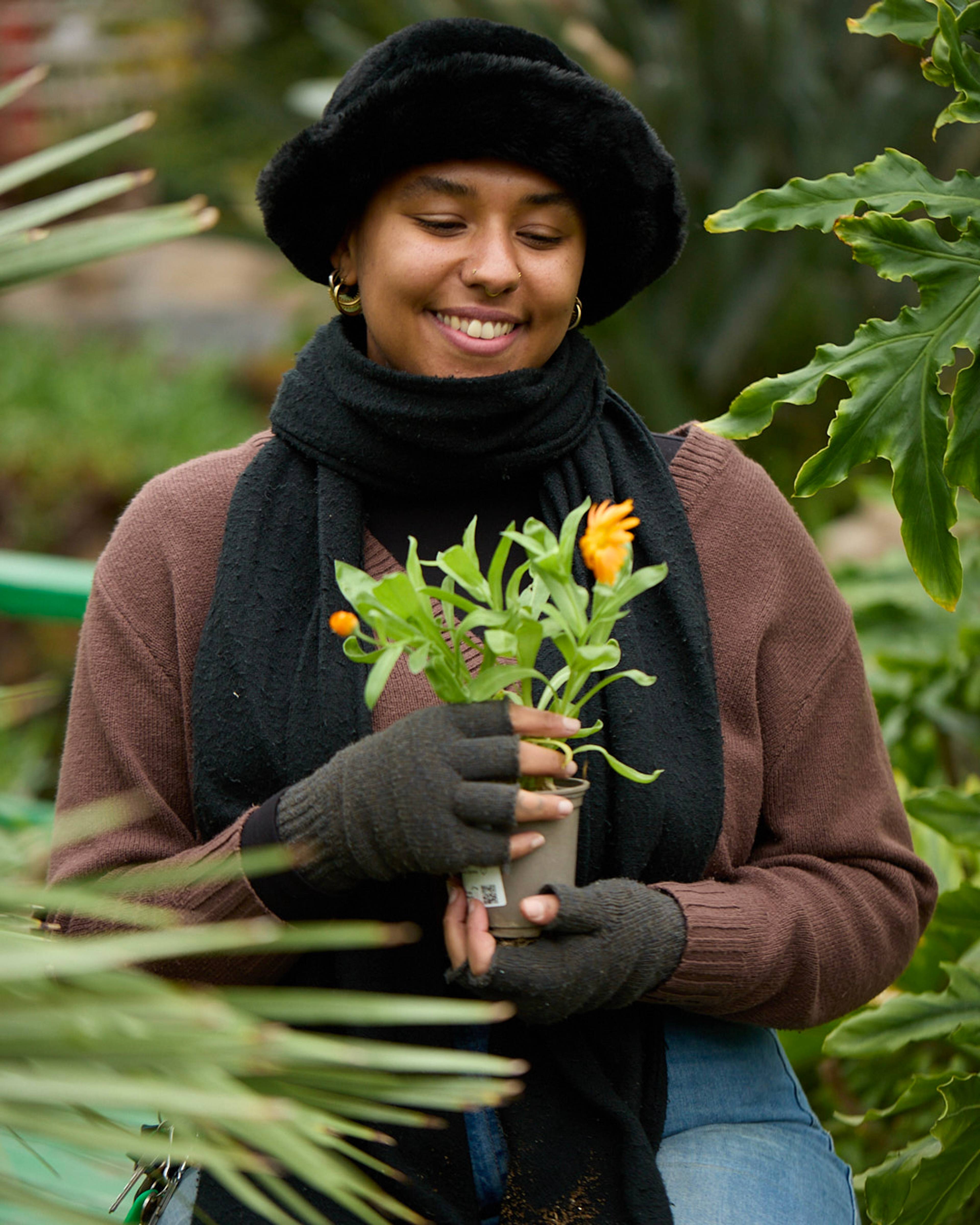
CLAUDE, EVENTS MANAGER
It’s really encouraging when people come through and say “A friend of mine or a family member has come here and they haven’t just learned to grow food, they found a sense of community and made friends.” Their lives have been enriched in so many different ways, and it just has a huge ripple effect.
Education is going to be one of our focuses next year – we’ll be running more Level 1 courses, so people can learn to grow their own food. We’ve also got our new buildings – one of those is an events hall for classes and workshops for children and adults, where people will be able to learn things like pickling and preserving, and how to sustain themselves away from the mainstream food system.
We’ve been having conversations with local people who are building a digital platform that will serve as a food network, whereby people will be able to see what we’ve got on offer here, and they can come and collect it. The project will offer an alternative to the food bank system, which doesn’t always provide people with nutritious food. It will connect people with the land, too.
In general, we have forgotten how supportive it can be to have a community around you, having people offering their skills and resources to help something like this thrive. In a city where you can feel so alone and isolated, being reminded that community is where the strength is, is amazing.
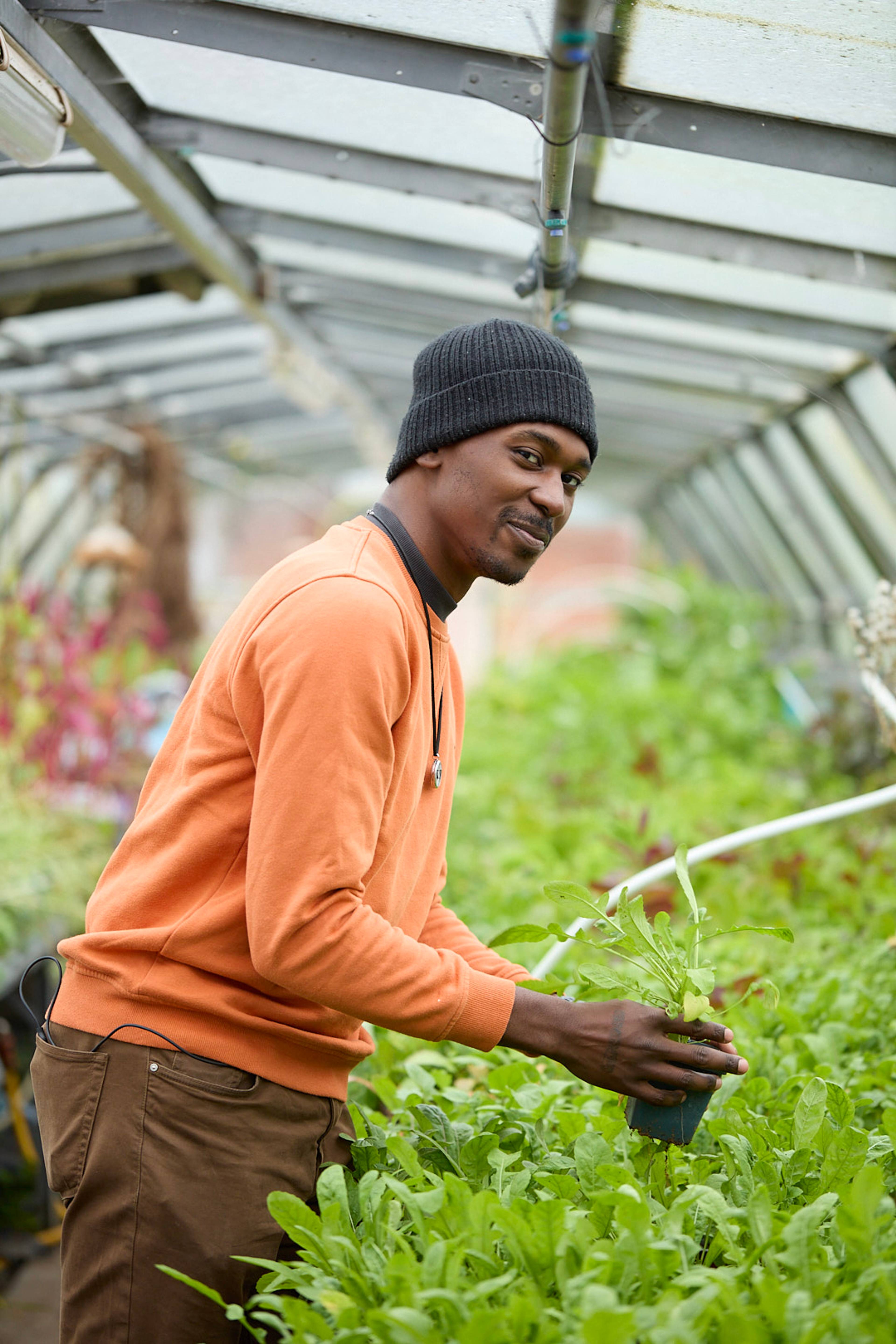
JADEN, GROWER
Before Wolves Lane, I was a dairy farmer in Dorset and travelled around doing ad hoc work at different farms. My grandfather in Trinidad had a little farm there – he had goats, cows, chickens, and I found it so interesting. As I got older, my mum also got into the more political side of farming, and so I followed in their footsteps.
Wolves Lane has a really nice community and home feel. Immediately when I came here, I felt at home. Everyone was just warm and welcoming. The community is so important to what we have here. Recently, there was a massive plant that was unusable, and the small team of us who went to that part of the land couldn’t really tackle it – one day, a few volunteers came out and we all dug it out, made the beds, planted the seeds, and we managed to get tomatoes, corn, a whole bunch of edible flowers in there. It literally took a village.
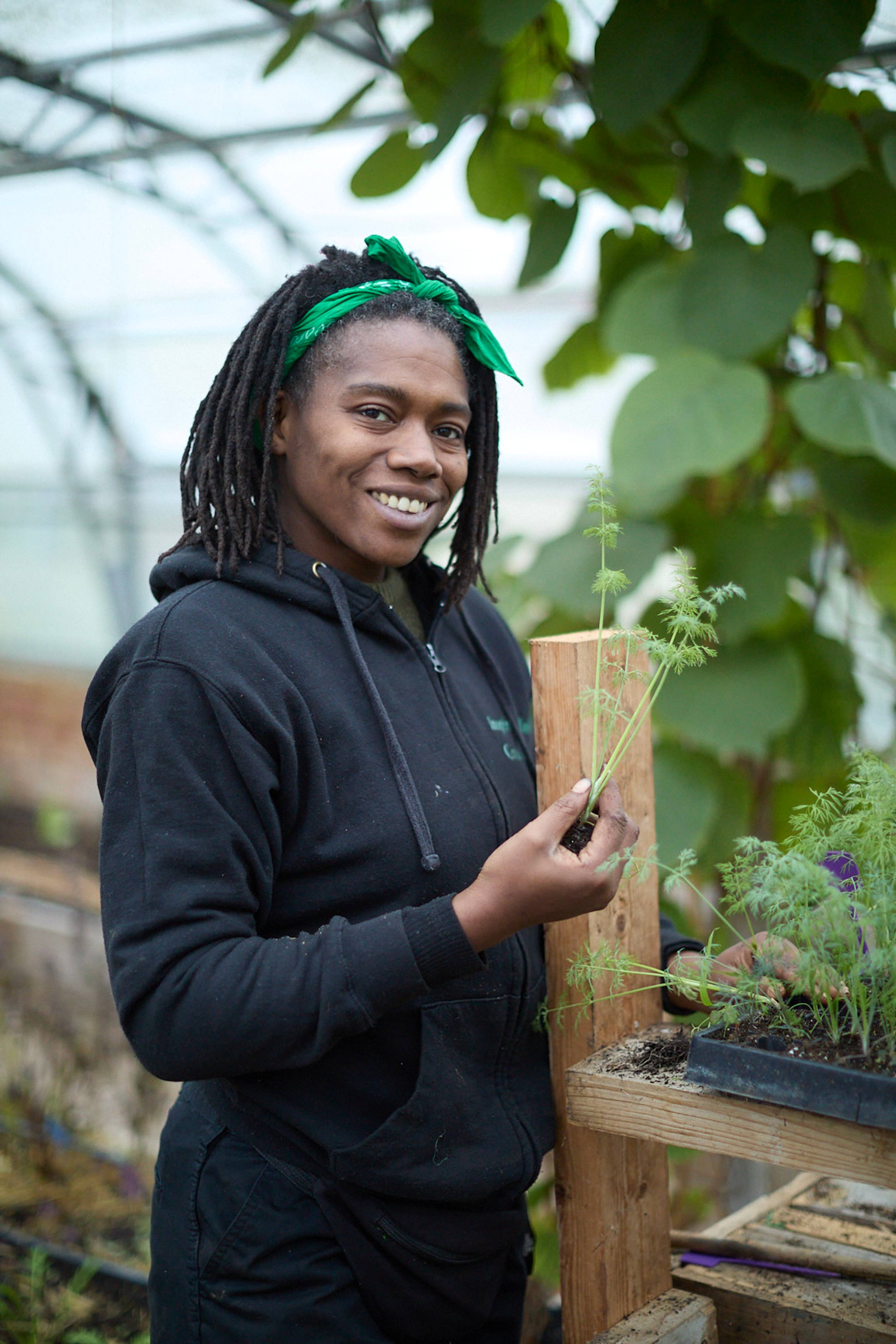
PAM, HEAD GROWER, BLACK ROOTZ
Not only do we eat together but we grow together. Every part of the plant’s life is an educational opportunity, to enable people to grow things in their own spaces. We specialise in foods that you maybe couldn’t really grow in the UK, we grow a lot of sub-tropical plants or tropical plants, and we have to work really hard at acclimatising them to be able to grow in this environment.
One of the memorable plants of this summer was the Bitter Melon, also known as Karela in many of our communities. When we’re able to bring a food that joins us all together, it really inspires people. We have elder people in our communities coming up with recipes and telling us how they would prepare and eat it at home.
This year, Crispin was one of our customers for the Bitter Melon. Being able to engage with restaurants and suppliers who really understand the importance of where your food comes from is one of the main reasons that we’ve established this relationship with Natoora.
We know that we can grow great quality food, freshly produced with organic methods that have been passed down generation to generation, so we want our food to be obtainable to all communities, and to be reaching plates in the finest dining experiences. From farm to plate, we know that that’s literally happening within a 24 to 48 hour process. Being able to connect with where our food is going and knowing that we’re working with organisations that are trying to fight and challenge the food systems that are oppressing communities, for us, is the prize.
Stories
See allWe exist to fix the food system.
People are more cut off from the origins of their food than ever. This makes flavour, nutrition and farming practices that protect the planet, almost impossible to find.
By working directly with growers, we create a more sustainable way forward for farming. By giving everyone the tools to understand the power of our food choices, we empower everybody to become drivers of change.
Now is the time for action. Join the food system revolution.

Go beyond four seasons
Each fruit and vegetable has its own season, with subtle shifts which happen every day. Follow their microseasons to unlock flavour at every stage.
WHAT’S IN SEASON?

Know where your food comes from
We know the name of the people behind everything we source. Recognise their growing artistry to find out exactly where your food comes from (and why that matters).
MEET THE GROWERS

Make your diet diverse
Our growers work with varieties chosen for quality and nutrition, not yield. By selecting their crops you keep heritage seeds in play, add to ecosystem biodiversity and preserve unique flavours.
PEAK SEASON BOX
United Kingdom
© 2026 Natoora Ltd.
